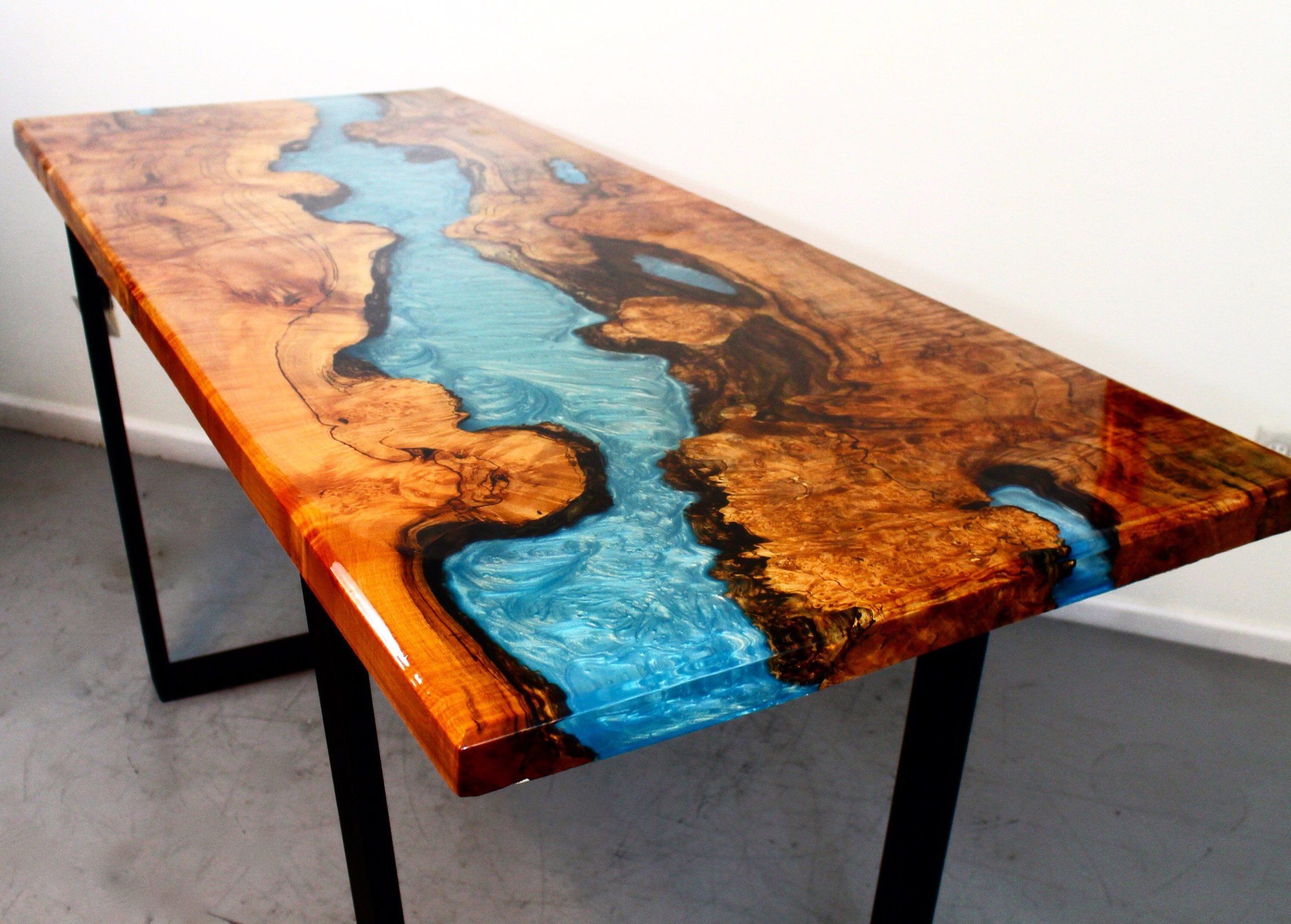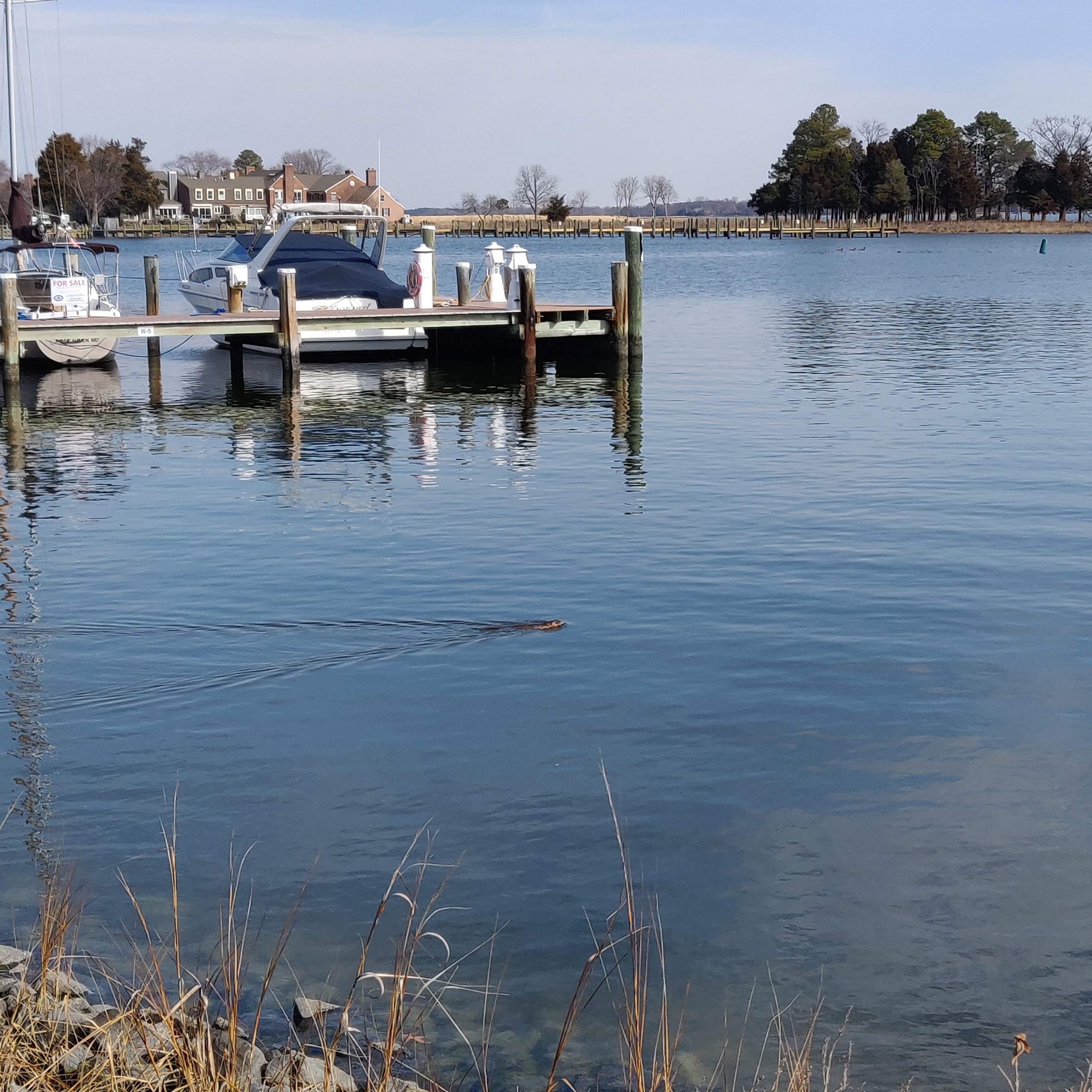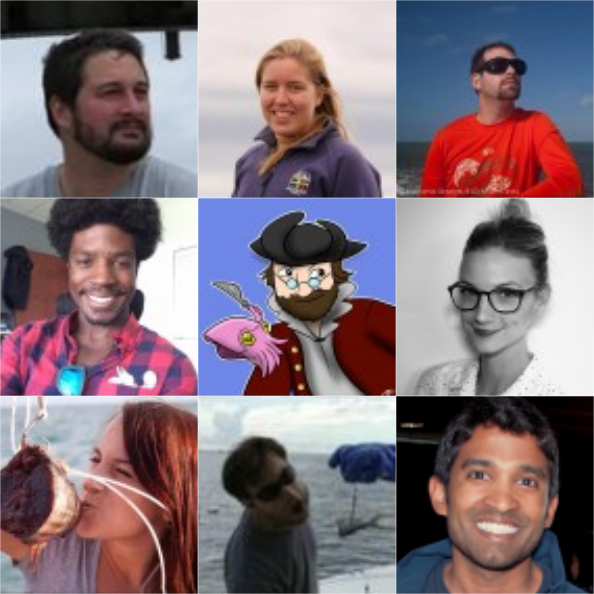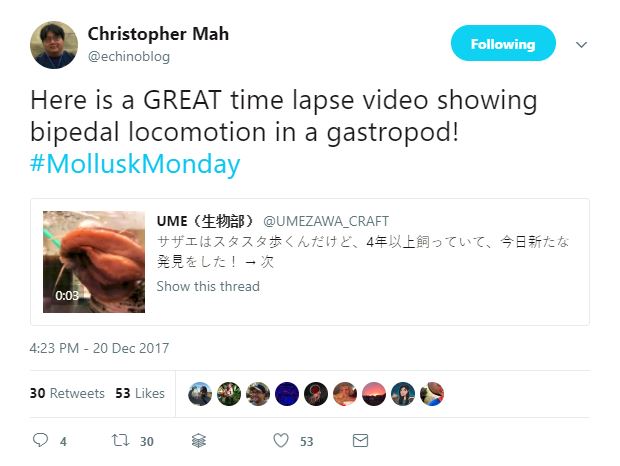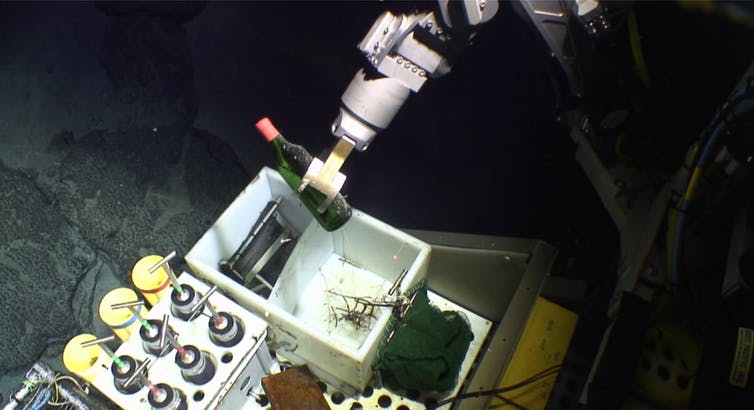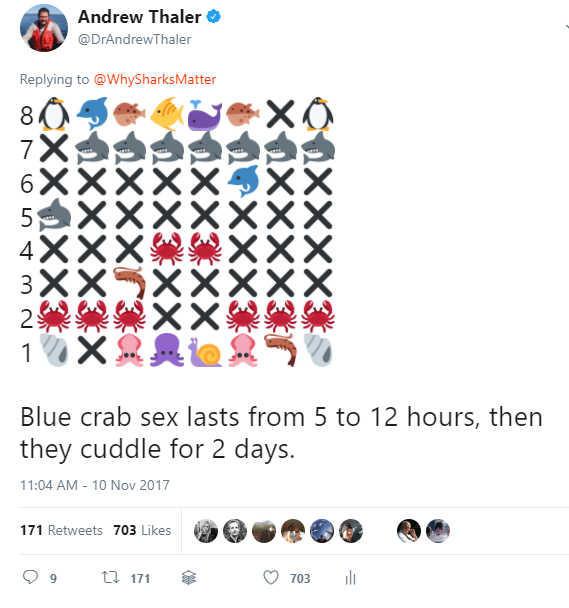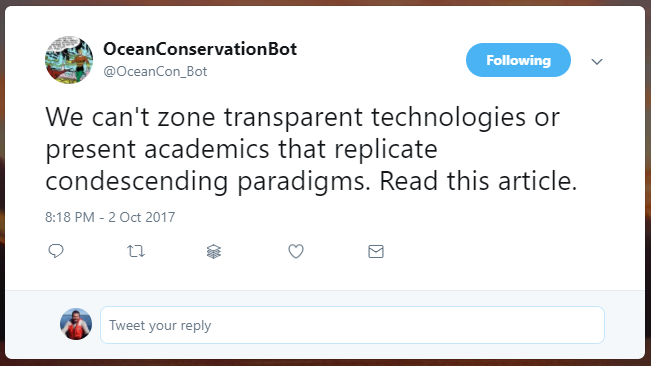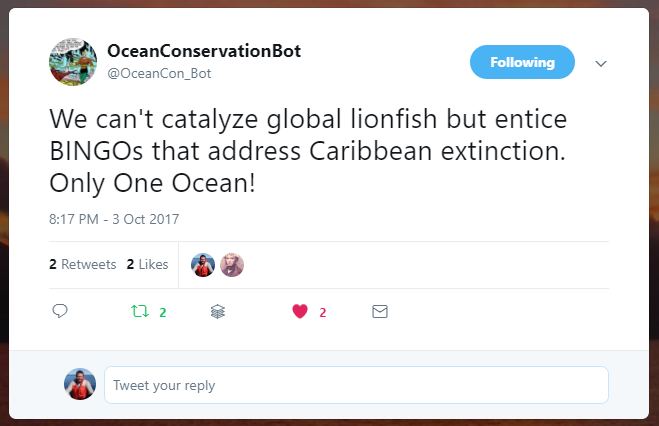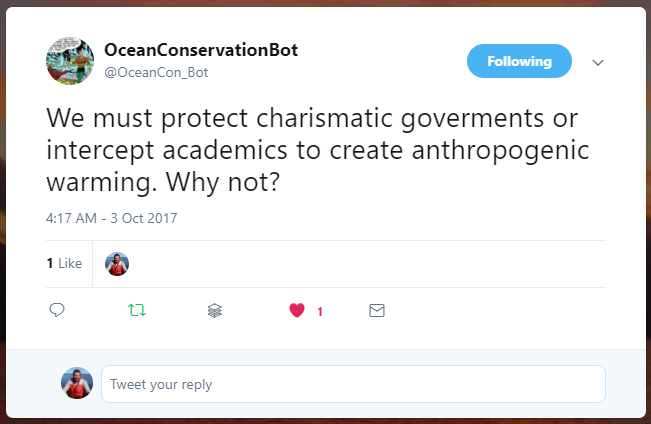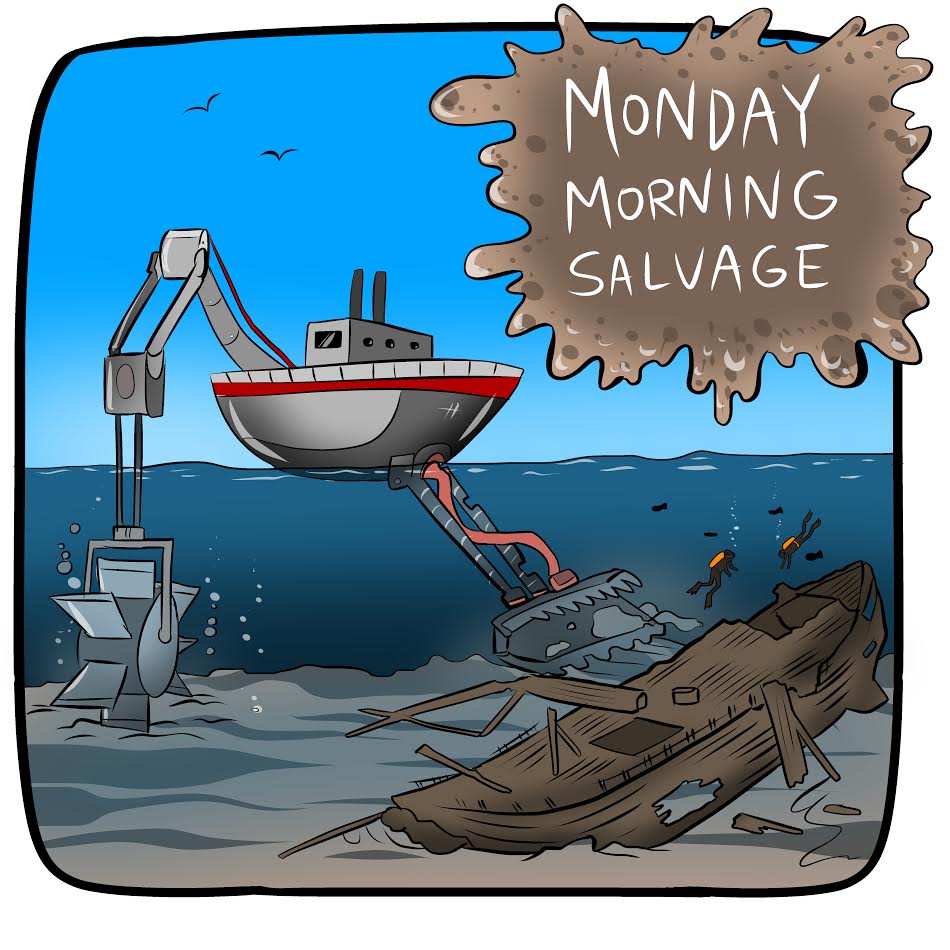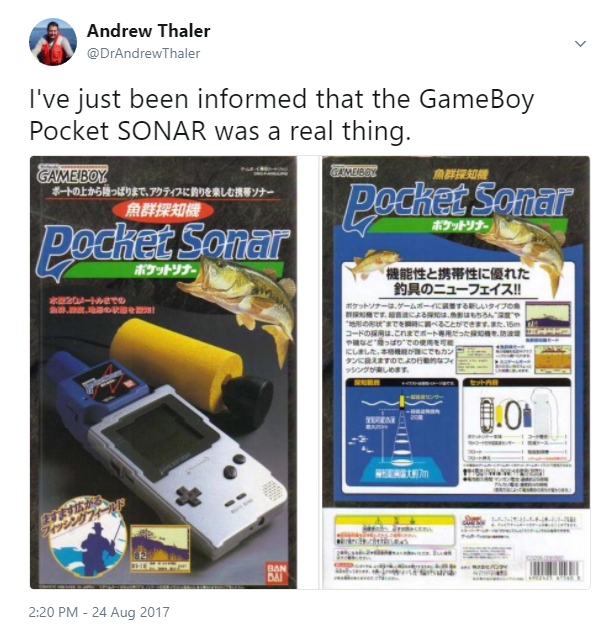For a while it seemed like the deal wasn’t going to go through. After his initial offer, Elon Musk tried everything he could to back out of it, short of sitting for a deposition in the resulting law suit. But, at the end of the day, it went through, and Elon Musk now owns Twitter.
Lots of folks are worried about what a Musk-controlled Twitter will become. His conditional commitment to press freedom depends entirely on how much praise is heaped upon him. His record as an employer is a mess. And now he controls one of the most potent, though slowly waning, outlets for public engagement, and certainly the preferred medium of journalists and politicians.
I’ve taught Social Media for Environmental Communications at Duke University for the last 11 years. Every year there’s been some big social media shakeup, and every year we look at how that shakeup will impact professionals using social media primary as an outreach and engagement tool. This has the potential to big the biggest shift in how folks approach social media that we’ve seen in a long time. But it also could be a whole heap of nothing. It all depends on the whims of a single, inconsistent owner who may not really know what he has or what his vision for it is.
So what will this new Twitter look like? I suspect that we won’t see tectonic shifts in how Twitter operates immediately. It will take months for any of Musk’s vision to trickle into the user experience. I don’t get the impression that there are many people left for whom an ownership change is going to push them to finally get a Twitter account. The platform seems largely out of its growth phase. So there will likely be a slow and steady attrition of users as they get less and less out of using Twitter. They won’t be replaced.
Long-term, I expect to see a hard push towards monetization of an increasingly small active user base. Which, in itself, will make that user base even smaller.
